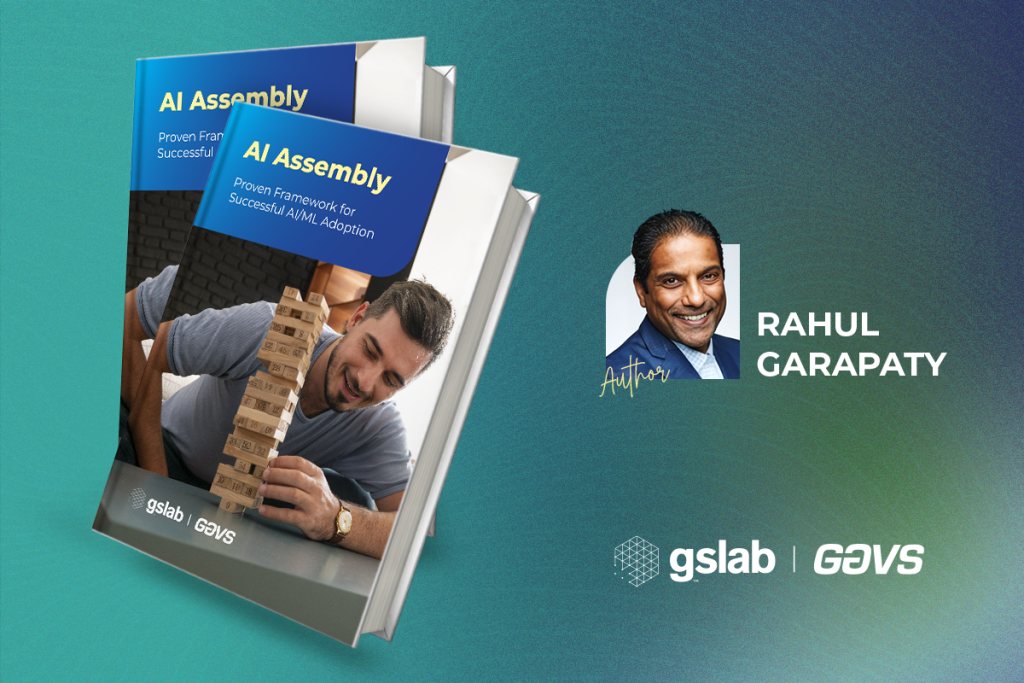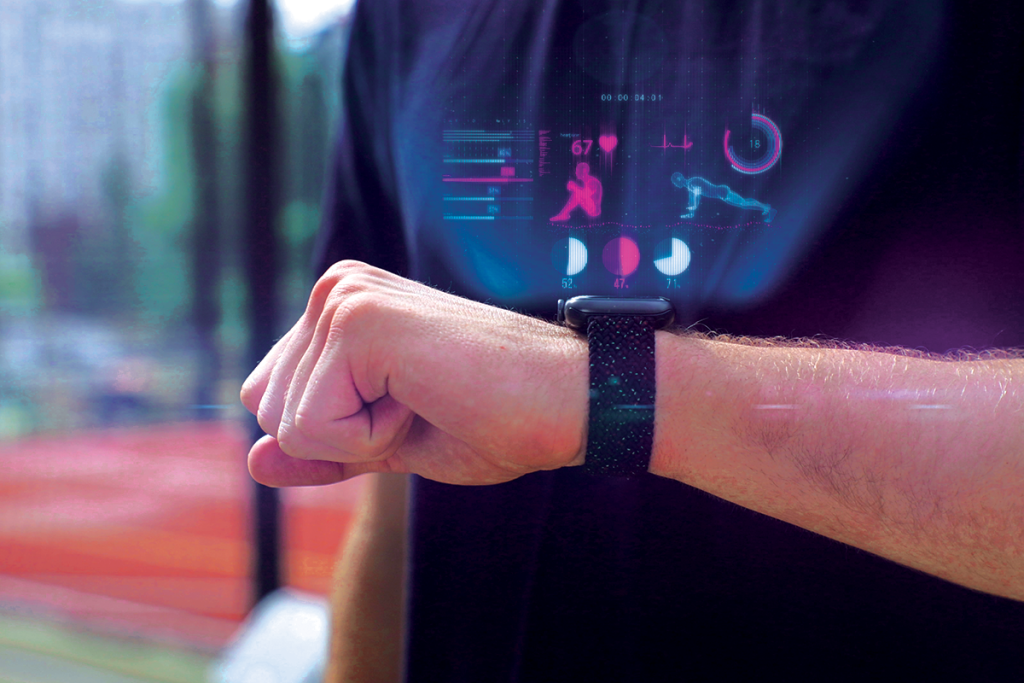1. Tell us something about your childhood. What values had been instilled in you that helped you excel later in your life?
I was raised with a strong sense of conscientiousness, taught to consider others—the community, the Earth, and all its inhabitants—and to recognize that our actions have repercussions and influence on both the planet and those around us. As an individual, I’ve been encouraged to embrace independence, creativity, and problem-solving skills.
From a young age, I was always urged to follow my heart and pursue endeavors that were deemed “worthwhile.”
As the youngest of four children, my upbringing was shaped by our Dutch immigrant mother and Japanese American father, both of whom experienced life during and after WWII. While my mother worked as a nurse and my father pursued artistry, our family’s financial means were modest. However, we were enriched by diverse experiences and strong influences, particularly growing up in the vibrant cultural melting pot of New York City.
While my siblings gravitated towards artistic pursuits, I found myself drawn to my mother’s clinical books and was inspired by relatives and acquaintances in the sciences.
My parents epitomized the American dream, believing that individuals could carve their own paths in both their professional and social lives, without the need to adhere to predefined trajectories. It took me some time to find my own direction, navigating through various academic pursuits and jobs. However, after many years, everything fell into place, and I had my “aha” moment when I realized my calling to pursue a career in medicine.
2. How would you define success?
Success to me is reaching any goal that you set however large or small. Over time, the attainment of smaller goals gradually paves the way for tackling larger ones. It involves cultivating self-belief, identifying one’s strengths and passions, and leveraging them to thrive. Equally important to me is the notion of giving back and engaging in endeavors that instill a sense of pride.
3. In your experience, what are some of the challenges women face in pursuing leadership roles?
There are numerous challenges, and the issue persists: As one of my female friends pointed out, “Of course it’s still an issue; otherwise, this question wouldn’t even arise!” I wholeheartedly agree with her. These challenges include being heard, earning respect, dismantling stereotypes, and overcoming judgmental attitudes: If you assert yourself, you’re labeled as “acting like a man,” but if you don’t, you’re perceived as weak. There are countless judgments and preconceptions to contend with.
4. This year’s theme for International Women’s Day is #InspireInclusion. From your perspective, what role do Diversity and Inclusion play in driving innovation and success?
Having grown up in the diverse environment of New York City, I’ve had the privilege of interacting with individuals from myriad backgrounds and cultures, both as friends and colleagues.
Inclusion leads to broader range of ideas and perspectives, expanding our minds and hearts to embrace alternative ways of thinking and problem-solving. It allows us to appreciate and respect the diverse journeys and experiences of others, fostering a culture of empathy and consideration.
True inclusion entails breaking down barriers and fostering acceptance across all dimensions, including race, gender, age, sexual orientation, socioeconomic status, educational background, and political beliefs.
5. Looking back on your journey and knowing what you know now, what is the one piece of advice you would have given yourself along the way?
Practically speaking, I would have included studies in business/finance and communications. These fields hold significant importance at a leadership level, and not having acquired knowledge in these areas has proven to be a disadvantage. Throughout my academic journey and much of my career, these disciplines appeared to be at odds with the worlds of art and medicine.
6. What advice would you give to young women who are starting their careers now?
For individuals starting a career or considering a change, my advice would be to seek out endeavors that bring satisfaction, happiness, and pride. While many goals are achievable, each requires dedication and perseverance. Embrace every opportunity that comes your way and actively seek out new ones. Leverage your strengths while also addressing your weaknesses, viewing them not as obstacles but as opportunities for growth. Seek guidance from mentors who can offer valuable insights and support. Keep an open heart and mind, continuously expanding your horizons. Remember, life often takes unexpected turns, and it’s okay to venture into the unknown, as it may lead to remarkable opportunities and experiences.

Author
Dr. Christina Koizumi, Chief Medical Information Officer at GS Lab
Dr. Christina Koizumi, serving as Chief Medical Information Officer, has spearheaded the transformation of BronxCare’s Management Information System (MIS) and Electronic Health Record program into a crucial clinical, administrative, and analytical asset.
Alongside her leadership role, Dr. Koizumi maintains her commitment as an Attending Physician in the Department of Medicine, providing care for patients with HIV/AIDS, Hepatitis C, and general Primary Care since 2005. Additional roles as Medical Director, HIV/HCV Co-Infection Clinic, and Mobile Primary Care programs; Co-Chair, Quality Improvement Committee; and Co-Director, Family Focus Project, further reinforce her dedication to medical practice and community service. Dr. Koizumi emphasizes the importance of maintaining hands-on clinical experience alongside her Chief Medical Information Officer duties, applying insights gained from patient care to drive MIS advancements.




